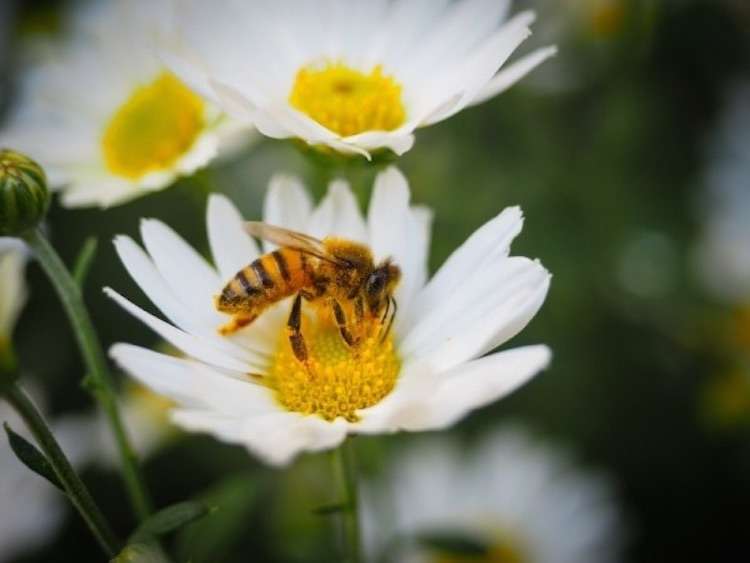Amazon to Include Homeless Shelter Inside New Building
Over 200 homeless people will now have a home alongside Amazon's employees in Seattle, Washington.

Costco debuted the news that it will take steps to address bee-killing pesticides in its supply chain.
Its inaugural bee policy encourages suppliers of garden plants to limit the use of non-essential chemicals, discourages use of neonicotinoid insecticides on pollinator-attractive plants and encourages use of eco-friendly methods of pest and disease control. Costco is also expanding its selection of organic products, which supports pollinator health. This bee policy was incorporated into Costco's Sustainability Commitment, published silently on its website in December.
"Costco's decision to limit these bee-killing pesticides on garden plants and increase its selection of organic products demonstrates it is listening to its customers and taking into account the most up-to-date sound science," said Tiffany Finck-Haynes, food futures campaigner at Friends of the Earth U.S. "However, we know that Costco and other retailers can do even more to protect bees. We urge Costco and other leading food retailers to phase-out pollinator toxic pesticides in its food supply chain to address the bee crisis."
A study released by Friends of the Earth and Pesticide Research Institute in August, Gardeners Beware 2016, revealed the presence of bee-killing neonicotinoid pesticides in plants sold at major retailers. The plants tested are considered "bee-friendly" for home gardens, and the levels of pesticides detected have the potential to harm or even kill bees. The analysis found that garden retailers are responding to consumer pressure – between 2014 and 2016, the number of plants tested that contained neonicotinoids decreased by 51%.
Costco joins more than 65 retailers across the country that have taken steps to help protect pollinators. The Friends of the Earth report highlights leaders and laggards in pollinator protection. Commitments by Home Depot and Lowe's to phase-out neonic pesticides in plants and products are helping to transform the market, Ace Hardware, True Value, and Walmart have not yet made similarly firm commitments.
Other major garden retailers have announced plans to take action. To date, True Value has said it is looking to phase out neonicotinoid products by Spring 2018 and Ace Hardware has said it is willing to eliminate neonicotinoid products by Spring 2019, but have not addressed eliminating neonicotinoids on plants.
"No one wants to buy plants for their gardens that could harm bees or other pollinators," said Finck-Haynes. "We call on all retailers, particularly Ace Hardware and True Value, to stop lagging behind and immediately adopt formal public policies to eliminate neonicotinoid pesticides from their plants and products. It is clear retailer action is more important than ever given government failure."
We're Buzzing About The Good News: Click To Share
Be the first to comment